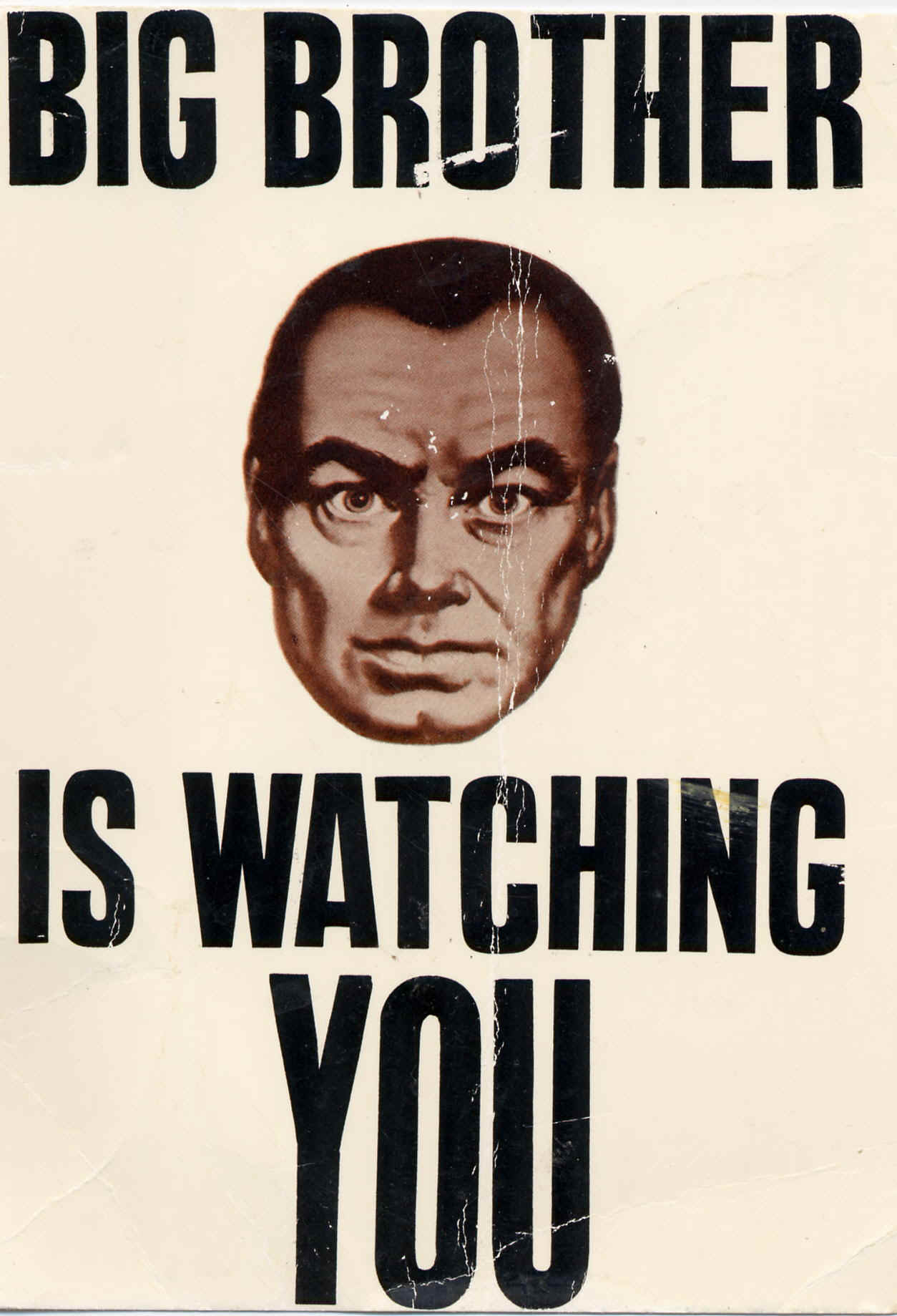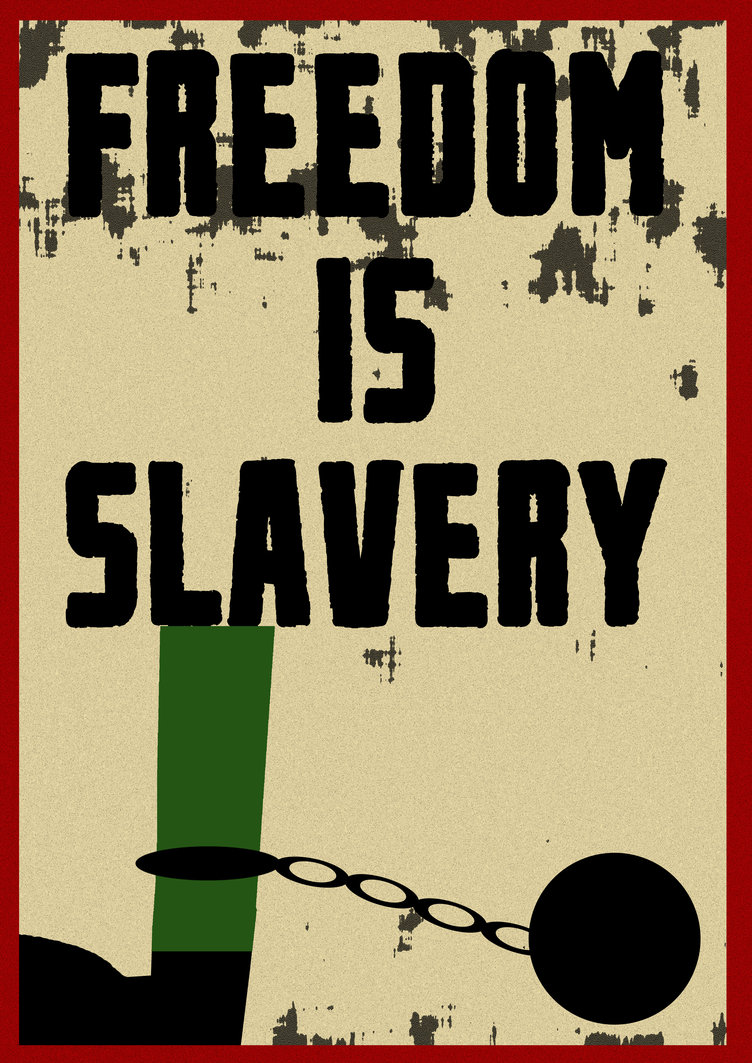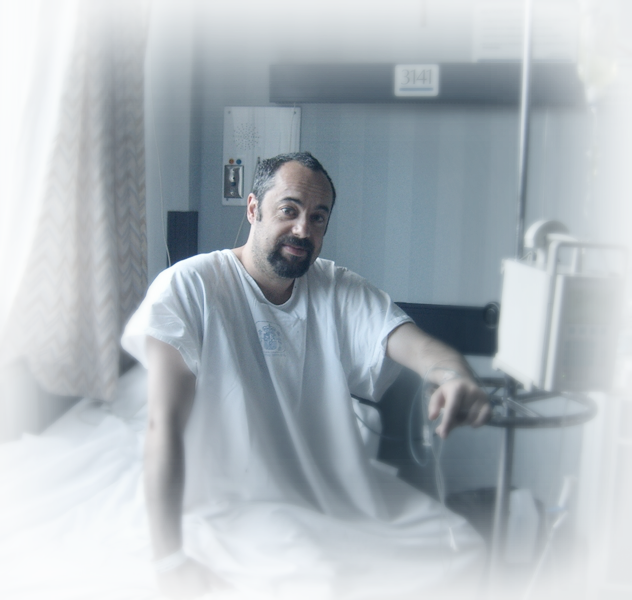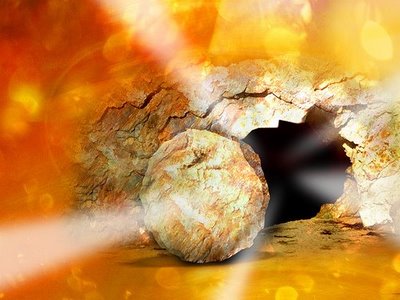 “Freedom is slavery.” “Desire is thoughtcrime.” These are phrases from the dystopian novel 1984 by George Orwell, which I just recently re-read after some ten or more years. 1984 presents a disturbing picture of a totalitarian state where every space is monitored by “Big Brother” and loyalty to the Party is the purpose of life. In fact, Big Brother’s whole mission is to obliterate the concept of the self. Despite people calling one another brother and sister, there’s no room for meaningful relationship. Sex for pleasure is outlawed. Marriage is approved by the Party not for love but solely for procreating. Love is reserved for Big Brother alone. Individual identity, uniqueness, and the self has no purpose in the world of 1984.
“Freedom is slavery.” “Desire is thoughtcrime.” These are phrases from the dystopian novel 1984 by George Orwell, which I just recently re-read after some ten or more years. 1984 presents a disturbing picture of a totalitarian state where every space is monitored by “Big Brother” and loyalty to the Party is the purpose of life. In fact, Big Brother’s whole mission is to obliterate the concept of the self. Despite people calling one another brother and sister, there’s no room for meaningful relationship. Sex for pleasure is outlawed. Marriage is approved by the Party not for love but solely for procreating. Love is reserved for Big Brother alone. Individual identity, uniqueness, and the self has no purpose in the world of 1984.
The Self
Christianity was revolutionary because it brought a new meaning and dignity to the human person than had ever existed before. Yes, slavery still existed at the time of Jesus (and does today), but the very fact that God came to exist as a human person raised the sacredness of personhood to a divine level. Jesus revealed that our True Self only exists in God. Our False Self is that which escapes God and lives for evil, sin, corruption—all those things Big Brother stood for in 1984.
The Spiritual Exercises of Saint Ignatius has us look at those two sides of ourselves, beginning with the ugly recognition of our False Self. We then discover that beneath that there is a self that lives for God and virtues like love, generosity, and humility. That self has an identity with God-given gifts, desires, hobbies, dreams, and hopes.
“If we have chosen the way of falsity we must not be surprised that truth eludes us when we finally come to need it and that confusion reigns.”– Thomas Merton
 “Freedom is Slavery”
“Freedom is Slavery”
In the novel 1984, Big Brother was trying to convince its citizens that “freedom is slavery”, that to be enslaved is essentially the better option. Freedom is a prized Christian concept—and not just in Ignatian spirituality. Despite the image of religion limiting freedom, the truth is that God allows us full and total freedom. Without this gift God becomes like Big Brother, a dictator who doesn’t respect our individuality and selfhood. Big Brother was afraid of freedom because that meant individuals could think for themselves and have their own ideas and thoughts, which threatened the Party. In Christianity, God looks to us to collaborate, to bring our individual ideas, experiences, and gifts to make the world a better place. Freedom is essential to that. Indeed, we have the freedom to reject God, but without that risk there would be no possibility of freely choosing to participate in the creation of God’s kingdom, God’s great project.
“Desire is Thoughtcrime”
In 1984 the Party was forming a new language called Newspeak, one that simplified the language so much that words like “free” or “desire” would no longer exist. The word “thoughtcrime” referred to even thinking thoughts that were not in line with the ideology of the Party. Eventually, the hope was that no individual could think for themselves. The Party did their thinking for them.
Desire, in the world of 1984, was threatening to the Party. Having any kind of desire became thoughtcrime. Big Brother wanted to suck the selfhood from each and every man, woman, and child. Spend any time with Ignatian spirituality and you’ll know that desire, like freedom, is essential to being a human person. Without desire you cannot exercise choices in freedom; without freedom desire is useless. True desire, Ignatius says, is what leads us toward God and the True Self. False desire—or some entity or institution telling you what to “desire”—is not from God and builds up a false self that diminishes the sanctity and dignity of your personhood. The slogans and propaganda from Big Brother made automatons out of its citizens who were convinced that there was no such thing as the self, or uniqueness. They were instead part of a collective (not community) who served only the corruption of the Party.
The Judeo-Christian God is not a totalitarian entity, but a creator and partner with humanity, giving us tremendous freedom to choose and discern—taking into account our gifts and individuality—how to best participate in the project of God’s kingdom.
Related posts:
Listen to an audio version of this post…
Music by Kevin MacLeod









What a wonderful post, inspiring thoughts, something so good to hold onto in todays world of pressure’s to fit in the one mold prescribed by some.
Sent from my iPad
>